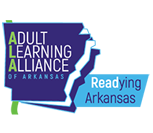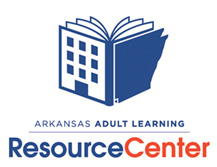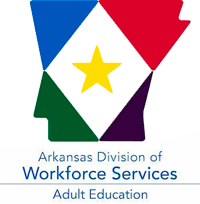
In the realm of adult education, empowering individuals goes beyond traditional academic subjects. It extends to equipping learners with the tools they need to navigate various aspects of life, including their health. For our students, fostering health literacy is not just about understanding medical jargon; it’s about empowering them to make informed decisions about their well-being. Here’s how introducing health literacy can pave the way for healthier futures.
Understanding the Audience
Our students come from diverse backgrounds, with varying levels of education and experiences. Many may have limited exposure to formal healthcare systems or health education. Therefore, any approach to introducing health literacy must be inclusive, engaging, and tailored to meet the unique needs of this audience.
Practical Relevance
Linking health literacy to everyday life experiences is key to capturing the interest and engagement of students. By highlighting how health literacy can empower them to navigate healthcare systems, understand medication labels, and make informed lifestyle choices, learners can immediately see the practical relevance of this knowledge in their lives.
Interactive Learning
Utilizing interactive teaching methods such as group discussions, role-plays, and hands-on activities can enhance comprehension and retention among students. Interactive sessions not only facilitate active learning but also encourage students to share their own experiences and perspectives, enriching the learning environment.
Plain Language Approach
Complex medical terminology can be daunting for learners with limited literacy skills. Adopting a plain language approach—using simple, clear language devoid of technical jargon—makes health information more accessible and comprehensible to students, empowering them to engage with and understand the material more effectively.
Building Confidence
For many students, engaging with health-related topics may initially feel intimidating. Creating a supportive learning environment where questions are encouraged, and mistakes are viewed as opportunities for growth can help build students’ confidence in navigating health information independently.
Community Engagement
Incorporating community resources and guest speakers, such as healthcare professionals or representatives from local health organizations, can provide valuable insights and practical tips to students. Community engagement not only enhances the relevance of the learning experience but also fosters connections and networks that support ongoing health education and advocacy.
Empowering Change
Ultimately, the goal of introducing health literacy to students is to empower them to take control of their health and advocate for their well-being. By providing them with the knowledge, skills, and resources to understand and navigate the complexities of healthcare, we empower students to make informed decisions that positively impact their lives and the lives of those around them.
Conclusion
Introducing health literacy to students is not just about imparting knowledge; it’s about empowering individuals to become active participants in their own health journeys. By fostering a supportive learning environment, utilizing interactive teaching methods, and emphasizing practical relevance, we can equip our students with the tools they need to build healthier futures for themselves and their communities.
Resources
National Library of Medicine:
https://www.nnlm.gov/guides/intro-health-literacy
University of Maryland Health Sciences and Human Services of Library
https://guides.hshsl.umaryland.edu/c.php?g=76220&p=1538472
National Library of Medicine All of Us Research Program
https://allofus.nnlm.gov/digital-health-literacy
Flordia Literacy Coalition






